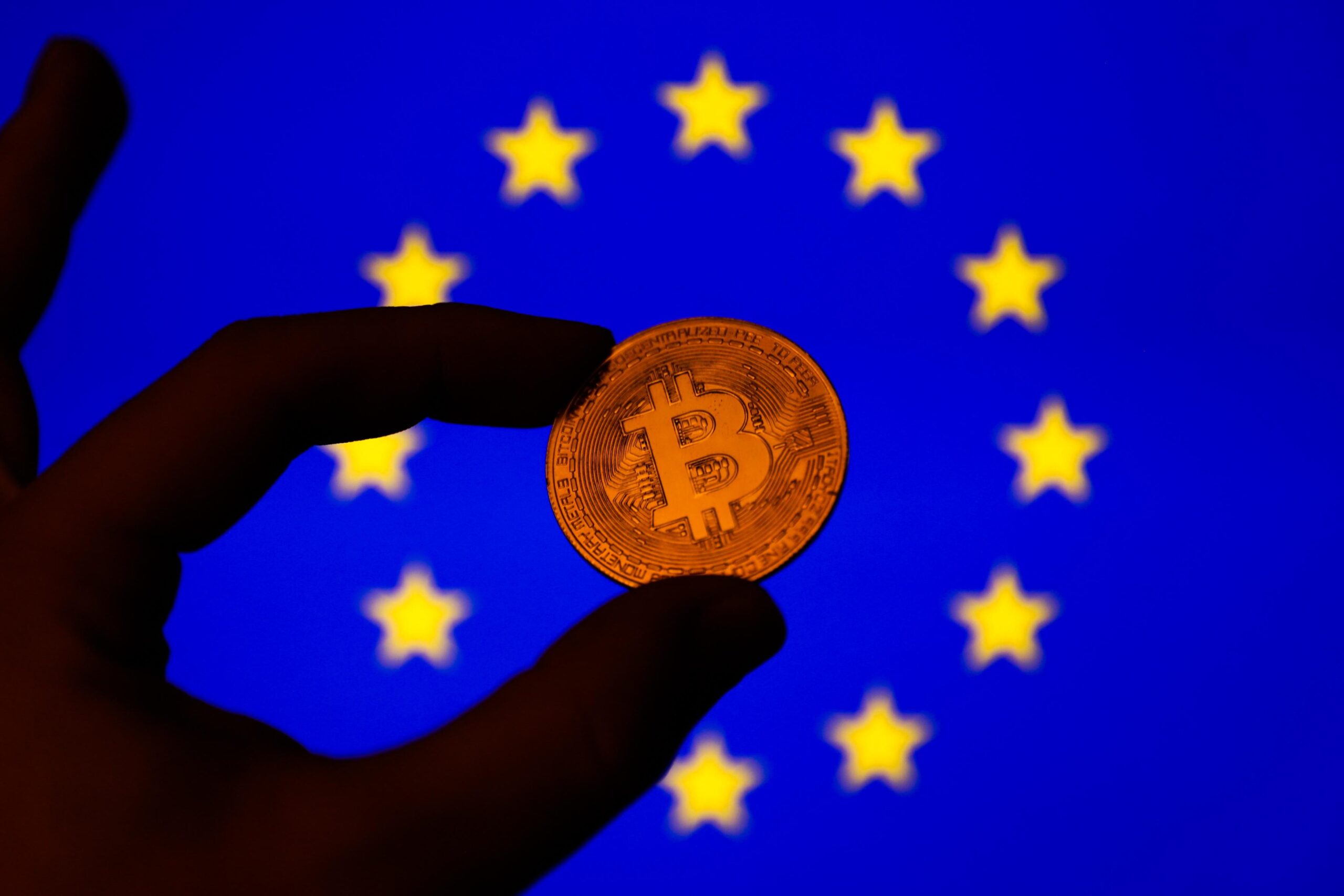The European Parliament has recently adopted the revised Anti-Money Laundering Regulation, despite significant opposition from the public and humanitarian groups. The Building True Change Coalition, also known as the BTC
Bitcoin
During informal discussions, the European Commission, Parliament, and Council disregarded public feedback on the proposed changes. This action has been seen as diminishing the role of the European Parliament, the only directly elected EU body, and has led to concerns regarding the potential for increased misuse of financial data by authoritarian regimes.
Implications And Key Issues
The new regulation could influence financial rules worldwide, affecting personal financial freedoms not just in the EU, but globally. It labels privacy payment tools and crowdfunding platforms as high-risk, potentially restricting financial operations under the pretext of preventing money laundering and terrorist financing.
Crowdfunding: The AMLR categorizes all crowdfunding platforms as high-risk, which could increase operational costs, reduce the donor base, and hinder efforts vital for activists and humanitarian NGOs during crises.
Financial Exclusion: The new rules remove protections that helped include more people in the financial system and prevented unfair restrictions, impacting immigrants, dual citizens, and others who are often vulnerable. This denies them necessary financial protections and potentially increases discrimination within the financial system.
Privacy Payment Instruments: Labeling private digital wallets or self-hosted wallets as risks ignores their role in promoting financial access and supporting humanitarian efforts, potentially hindering the ability of NGOs to transfer funds securely to areas under oppressive regimes.
The AMLR extends beyond the EU’s borders. The regulation sets a global financial regulatory precedent, potentially impacting third countries. The proposal targets privacy payment and crowdfunding tools like self-hosted wallets and mixers, also labeling them as high-risk.
The day after the adoption of the AMLR, attention shifted to the activities of Austrian Raiffeisen Bank International in Russia. MEPs raised concerns about the bank’s plans to continue and expand its operations by hiring more than 2,000 new employees, highlighting a critical gap in enforcing sanctions and AML regulations. While the AMLR targets technologies like bitcoin wallets and mixers, larger financial institutions continue operations that may contravene sanctions or facilitate money laundering.
Seth Hertlein, Global Head of Policy at Ledger, voices concerns over the potential overreach. In a recent LinkedIn comment, Hertlein criticized removing Article 41(a) as it suggests a shift towards monitoring individuals rather than protecting their financial freedom. He stated, “The deletion of Article 41(a) is truly shameful and clearly demonstrates where the priorities of the Member States lie. No problem with a little de-risking, so long as their surveillance apparatus remains in place.”
Support For The Regulation
Proponents argue that the Anti-Money Laundering Regulation strengthens EU defenses against complex global threats like money laundering and terrorism financing. The AMLR closes gaps that criminals exploit by regulating digital wallets and mixers.
Supporters consider the AMLR a crucial tool for combating widespread financial crimes. They see the regulation as a necessary step to safeguard the economic stability of the EU and beyond. Patrick Hansen from Circle commented on the EU Parliament’s recent package approval.
Future Outcomes And Global Influence
The acceptance of the AMLR will likely influence global financial regulation, potentially leading to increased regulatory burdens that disproportionately affect smaller entities and non-profit organizations, stifling innovation and civic engagement. Human rights and humanitarian groups are concerned that this regulation could signal a move towards more restrictive financial environments and attacks on privacy globally.
Given the importance of security and financial freedoms, a more balanced approach to financial regulation is needed to protect fundamental rights and support a more inclusive financial ecosystem that supports social and humanitarian initiatives.
Lyudmyla Kozlovska, president of the Open Dialogue Foundation and coordinator of the BTC Coalition, presents findings from seven reports published by the Open Dialogue Foundation over the last two years. These reports expose how banks in third countries, such as Kazakhstan and Turkey, are used for laundering money or evading sanctions by authoritarian regimes. ‘Dictators don’t need bitcoin wallets or mixers; they prefer established banks, especially Western ones operating in regions like Russia, which recently contributed €800 million in taxes to the Kremlin,’ says Kozlovska.
The case of ING Bank, one of the major European banks operating in Russia, illustrates the issue of inconsistent financial regulatory enforcement. While ING has been highlighted among other EU banks for its operations in Russia, it has maintained services that raise concerns about adherence to AML and CFT laws, especially given the geopolitical tensions and economic sanctions.
It also demonstrates the wider issue of inconsistent financial regulatory enforcement. The bank discontinued its services with the Open Dialogue Foundation during a politically motivated campaign against the foundation under the guise of complying with Anti-Money Laundering and Countering the Financing of Terrorism laws, influenced by the coordinated targeting by Poland’s Law and Justice party, the Plahotniuc and Nazarbayev regimes.
What’s Next?
The scale of illicit activities involving traditional fiat currencies globally should also be considered for context. According to the United Nations, between $800 billion and $2 trillion is laundered annually, representing around 2% to 5% of global GDP. This figure demonstrates the challenges of combating financial crimes within traditional banking systems, where most money laundering still occurs. Lawmakers must balance the fight against these crimes with the need to protect fundamental financial freedoms and promote financial inclusion.
As the AMLR is set to influence global financial regulatory standards, its acceptance marks an important moment for the future of financial regulation both within the EU and internationally. Members of the Parliamentary Assembly of the Council of Europe call for urgent reforms to ensure that the regulation does not inadvertently harm those it aims to protect.
To mitigate these consequences, Lyudmyla Kozlovska calls on privacy advocates to engage with future MEPs about their policy proposals. ‘We need to educate EU policymakers about the social necessity of bitcoin payments and crowdfunding mechanisms and prevent the misuse of Anti-Money Laundering and Countering the Financing of Terrorism laws,’ Kozlovska urges.
The acceptance of the Anti-Money Laundering Regulation marks a significant moment in the EU’s efforts to combat financial crimes. However, as the regulation sets new precedents, it also raises concerns about potential overreach and the impact on privacy and financial freedom. This balance between security and freedom remains a crucial challenge, as stakeholders from across the spectrum call for a nuanced approach that supports both effective law enforcement and fundamental human rights.



